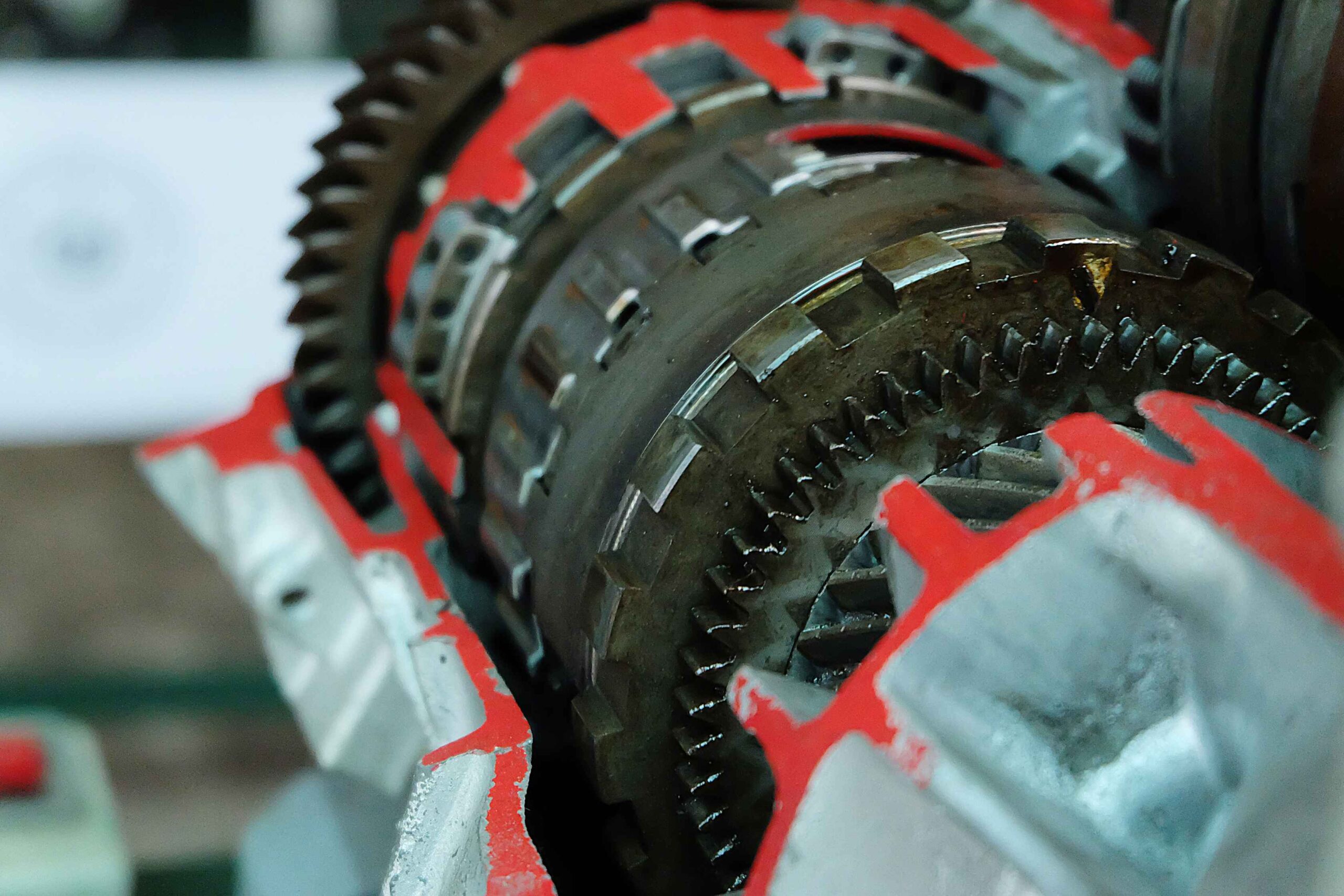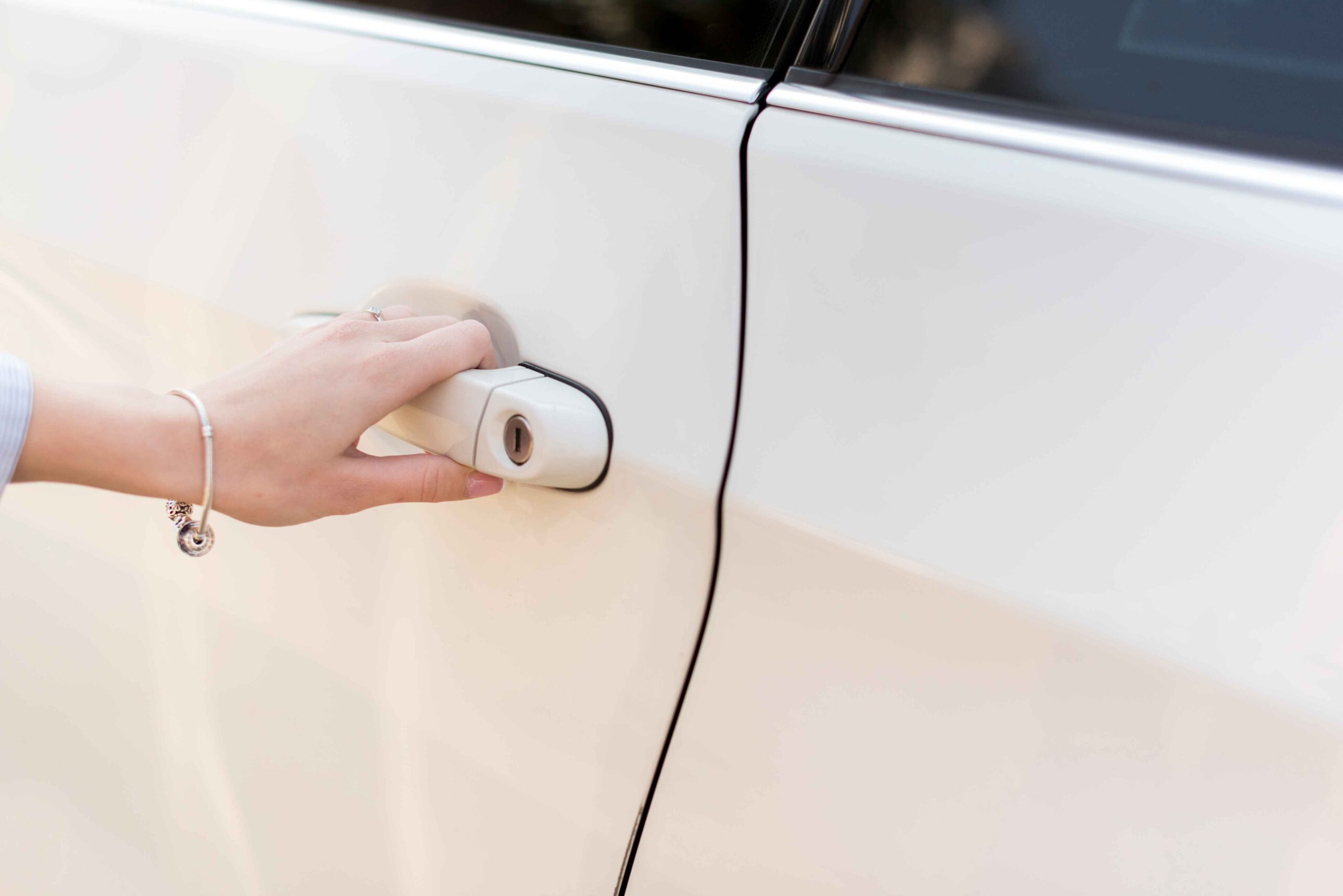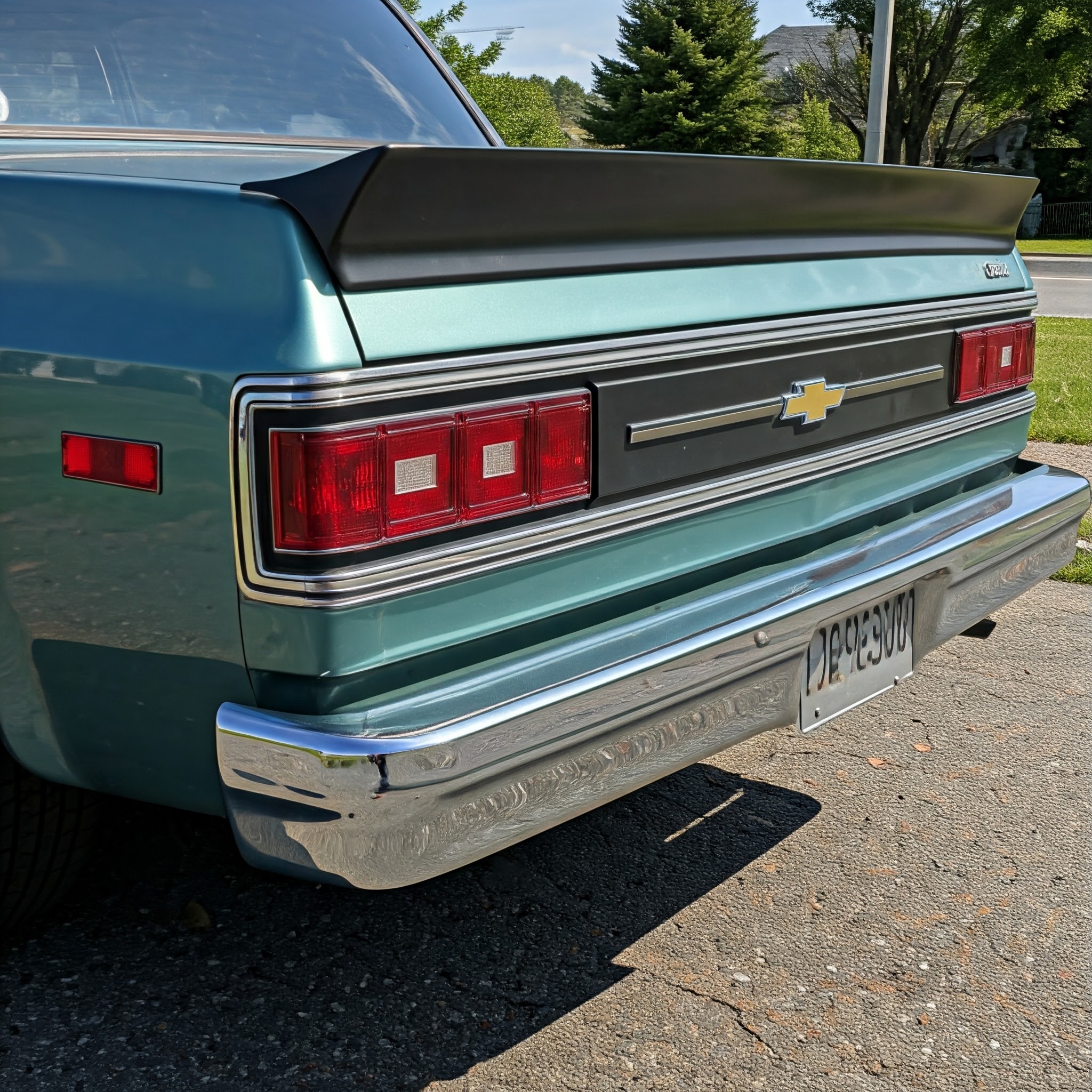If you’ve noticed your car acting strangely, you might be worried about Toyota CVT reliability. Many drivers face issues with their Toyota CVT transmission, from jerky movements to delayed acceleration.
These problems can be frustrating, especially when you rely on your car daily. But don’t worry. You’re not alone, and there are practical ways to fix and prevent these issues in the future.
Is Toyota CVT Reliable?
The answer is yes, but it depends on how well you take care of it. Most CVT transmissions work smoothly for years. However, like any car part, they need regular maintenance to perform their best.
Here’s a breakdown of common Toyota CVT problems and what causes them:
| Problem | Cause | Signs | Fix | Cost |
| Delayed acceleration | Worn-out belts | Slow response when speeding up | Replace CVT belts | $500–$1,000 |
| Overheating | Low or dirty fluid | Warning light or sluggish shifting | Flush and refill fluid | $200–$400 |
| Jerky movements | Faulty sensors | Rough shifts between gears | Replace sensors | $300–$700 |
| Loud whining noise | Belt misalignment | High-pitched sound when driving | Adjust or replace belts | $100–$300 |
| Power loss | Torque converter issues | Engine revs but car doesn’t move | Replace torque converter | $800–$2,000 |
These are the most common issues you may face. The good news is that with the right care, you can avoid many of these problems.
Common Toyota CVT Transmission Problems
If you’re dealing with Toyota CVT transmission problems, here’s what might be going wrong and how you can fix it:
- Low or Dirty Fluid
Transmission fluid keeps the system cool and working smoothly. Dirty or low fluid can cause overheating and delayed acceleration.
Solution: Check the fluid regularly. Replace it every 30,000 to 60,000 miles. - Worn Belts
CVTs use belts instead of traditional gears. Over time, these belts can wear out or slip. This causes jerky movements or slow acceleration.
Solution: Get your belts inspected during routine maintenance. Replace them if needed. - Sensor Issues
Sensors in the transmission help control how smoothly it shifts. A faulty sensor can cause rough gear changes.
Solution: Replace faulty sensors immediately to restore smooth performance.
Did You Know?
A CVT transmission can last over 150,000 miles if you maintain it properly. Skipping fluid changes can cut its lifespan in half.
How to Boost Toyota CVT Reliability
Want to keep your transmission running smoothly? Follow these tips to improve Toyota CVT reliability:
- Stick to the Maintenance Schedule
Regular maintenance is the easiest way to avoid costly repairs. Check your manual for service intervals. - Use the Right Fluid
CVTs need specific fluid types. Using the wrong one can damage the system and lead to overheating. - Drive Gently
Sudden acceleration and harsh braking can strain the transmission. Smooth driving helps it last longer. - Avoid Overloading
Carrying too much weight puts extra stress on the transmission. Stick to your car’s weight limits. - Pay Attention to Warning Signs
If you hear strange noises or notice delayed shifting, act fast. Early fixes cost less than major repairs. - Get Regular Inspections
A professional can catch small problems before they turn into big ones.
Did You Know?
Driving at a steady speed on highways reduces strain on your CVT transmission and improves fuel efficiency.
Research Reveals: Toyota CVT Reliability Tips
A recent study shows that proper care can extend your CVT’s lifespan by years. Here’s what researchers recommend:
| Tip | Why It Helps | Action |
| Change fluid regularly | Prevents overheating and reduces wear | Replace fluid every 30K miles |
| Drive smoothly | Reduces strain on belts and internal components | Avoid sudden stops or starts |
| Check for updates | Software updates fix glitches affecting performance | Visit a certified dealer |
| Inspect belts and sensors | Early detection prevents costly repairs | Get checked annually |
| Use OEM parts | Ensures compatibility and reliability | Buy from trusted suppliers |
Following these steps makes a huge difference in how your CVT transmission performs over time.
Why Regular Fluid Changes Improve Toyota CVT Transmission
Transmission fluid plays a big role in keeping your CVT working well. Over time, the fluid can get dirty or lose its quality. This makes the transmission work harder and wear out faster.
How Regular Changes Help:
- Clean fluid cools the system.
- It reduces wear on belts and parts.
- It prevents overheating, which can damage the CVT.
- It keeps shifting smooth and quick.
Tip: Change the fluid every 30,000 miles or as your car manual recommends. This simple step can make a huge difference in Toyota CVT reliability.
When to Replace a Faulty Sensor in Your Toyota CVT Transmission
Sensors in your CVT help it shift smoothly. But when a sensor fails, the transmission may jerk, delay, or act oddly. Don’t ignore these signs!
Key Symptoms of Sensor Problems:
- The car hesitates before speeding up.
- Shifting between gears feels rough.
- Warning lights show up on the dashboard.
- The engine revs high but the car moves slowly.
Fixing a sensor issue early is cheaper than waiting for bigger problems. Visit a trusted mechanic or dealer to replace bad sensors right away. It’s a quick way to restore your Toyota CVT’s performance.
Final Thoughts
Keeping your Toyota CVT transmission in top shape doesn’t have to be hard. Follow a regular maintenance schedule, use the right fluid, and address problems early. These steps not only improve Toyota CVT reliability but also save you money in the long run.
Need quality parts or expert advice? Visit OEM Car Part for everything you need to keep your Toyota running smoothly. Don’t wait—protect your car’s performance today!
Also Read – Toyota Camry Engines For Sale
FAQs
Yes, Toyota CVTs are reliable for long drives when maintained properly. Regular fluid checks and smooth driving help ensure durability.
The most common issues are overheating, belt wear, jerky movements, and delayed acceleration.
Repairs range from $200 to $2,000 depending on the problem. Maintenance is always cheaper than major repairs.
It’s not recommended. Driving with a damaged CVT can worsen the issue and increase repair costs.
With proper care, a Toyota CVT can last over 150,000 miles.







